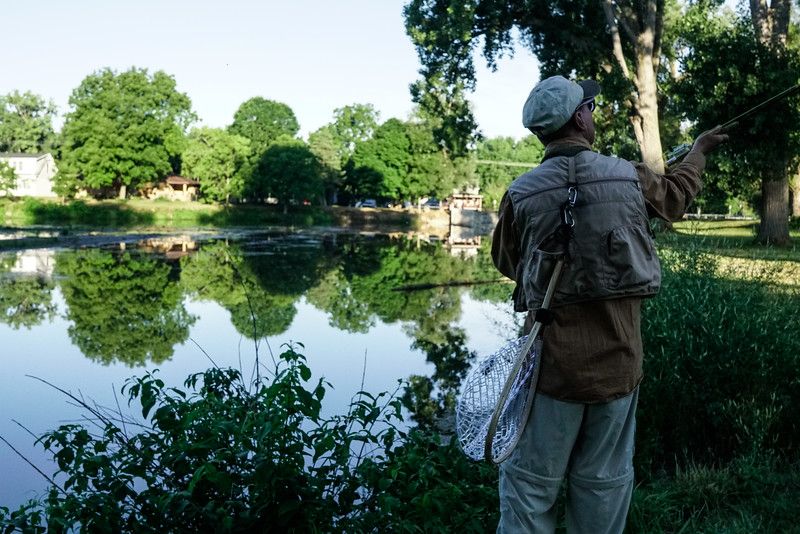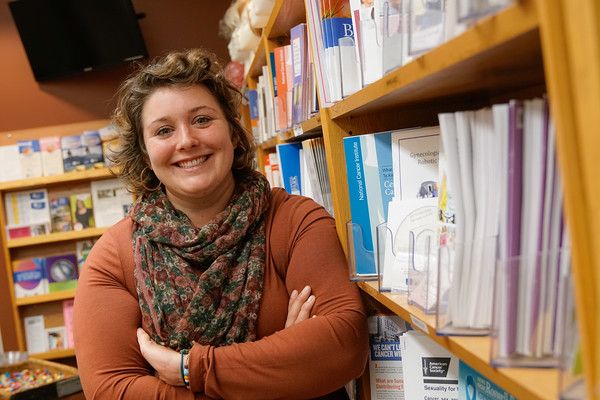As a cancer survivor of 24 years, I’ve been through a significant amount of ups and downs when it comes to my health.
In this environment, one learns to become fluid and quickly adapt. I’ve had the opportunity to revisit and evaluate several facets of my life — priorities, family, careers and other relationships. Twenty-four years post-diagnosis, I am still constantly making those assessments and adjustments.
In my conversations with newly diagnosed cancer patients, I tell them that life will not be the same. Your sense of normalcy will constantly be evolving. Your life will be turned upside down. But, eventually, you will find a “new normal.” As time goes on, you begin to feel better, gain strength and feel more like yourself.
Through it all, you will start to appreciate the lessons cancer has taught you and all the ways it has changed you. This is where I am in my cancer journey, and below are some of my reflections on how cancer has changed me … and how it may change you.
Perception of Time
The diagnosis of cancer immediately affects your perception of time. You probably never thought about the length of your life until you were diagnosed with cancer. Cancer and the thought of death go hand in hand. Throughout the process, you’ll find that you may become impatient, more sensitive and easily frustrated. As you begin to regain your sense of normalcy, you appreciate the time you have and take advantage of the day. Make the most of it.
Greater Sense of Support and Compassion
You will find that you are eager to help, especially with someone that has been newly diagnosed. You want to comfort them. Most importantly, you now speak a new language after a battle with cancer. Share it.
Ease of Forgiveness
Cancer has a way of making you look at each day as “special.” There is no time to hold grudges, and you begin to look at the “Big Picture.” Things that used to bother you, no longer matter as much. Let go.
Appreciation of the Simple Things in Life
Before cancer, one just goes about their day-to-day routine. After receiving a cancer diagnosis, you will reflect on how precious life is, and develop a greater appreciation for the simple things. I am an avid outdoors person and enjoy fly-fishing and spending time in the woods. The sights and sounds of birds and running streams and taking pictures are my “therapy.” It relaxes me and clears my head. Find your relaxation method. Find the simple things that you enjoy. Relish in them.
Your Priorities Will Change
You start to think of your day-to-day life much differently. The uncertainty of your future will alter your thought process on your priorities, career, family and friends and, of course, your “bucket list.” I have a mental bucket list, not written, as it changes frequently. While spending time at the doctor’s or treatment center waiting rooms, you begin to think often on what matters and how best to spend your time. Prioritize wisely.
Your Inner Strength Will Increase
You’ve been thoroughly tested, both mentally and physically. You become stronger and now know what you’re capable of. Surviving cancer is a major accomplishment and will result in a continuous growth of your inner strength. I would never wish a cancer diagnosis on anyone; However, I am a better person as a result of my cancer and these life-altering changes that I’ve shared. I no longer have to prove myself to others. I now know what I can handle and have the ability to make choices that are in my best interest!
Editor’s Note: Cancer patient outcomes and experiences may vary, even for those with the same type of cancer. An individual patient’s story should not be used as a prediction of how another patient will respond to treatment. Roswell Park is transparent about the survival rates of our patients as compared to national standards, and provides this information, when available, within the cancer type sections of this website.



